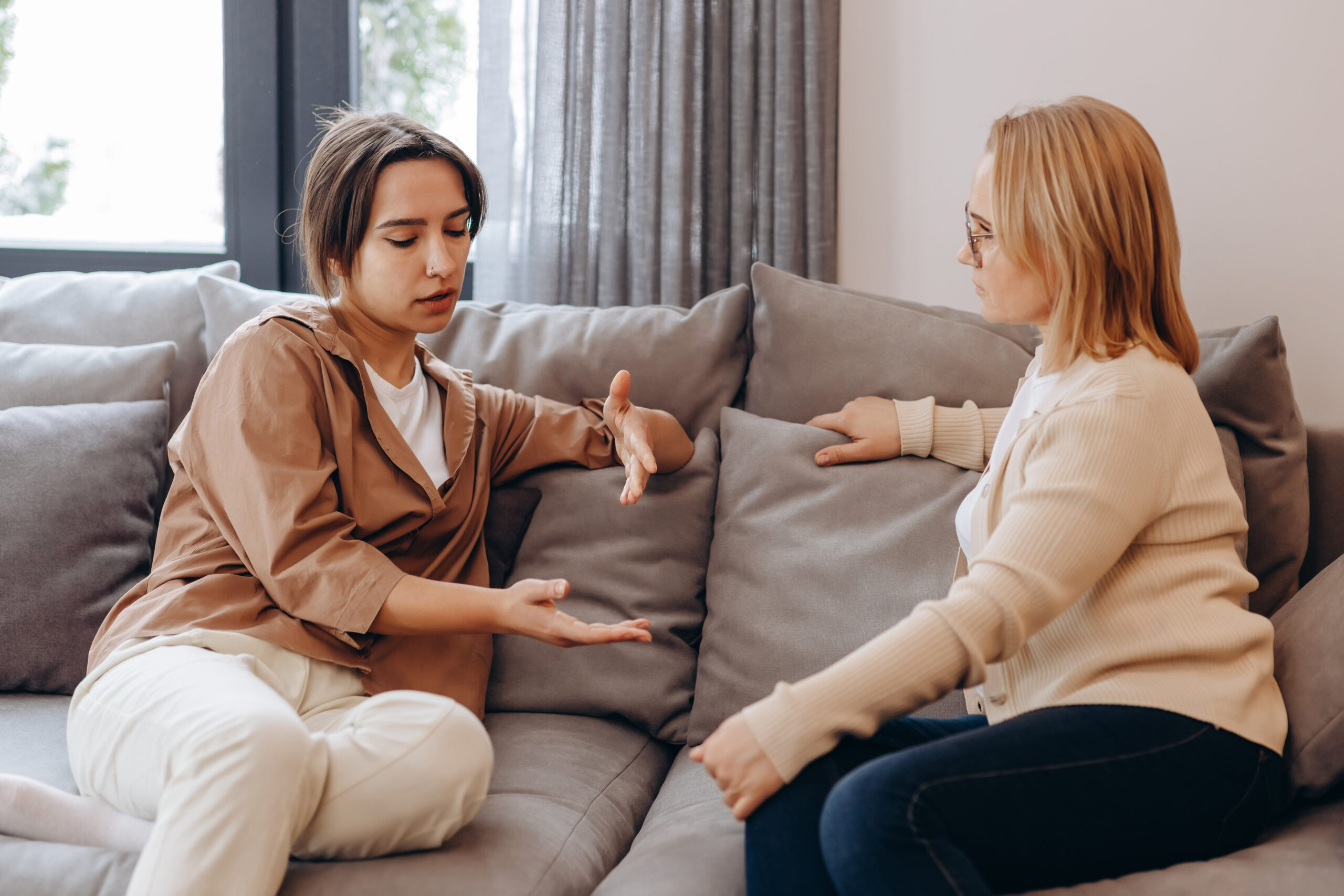latest
One in five young people feel anxious all the time, survey finds
A survey has found that 95% have reported feeling anxious in the last 12 months
“We are deeply concerned by the findings of this research – the fact that only 10% of young adults love themselves highlights the urgent need for support and resources to help this young generation navigate the complex challenges they face.” Stephen Buckley, head of information, Mind
Almost half of all young adults have felt “low” either often or all the time in the last 12 months, with one in five saying they felt anxious all the time, a survey has found.
The survey, conducted by Opinium on behalf of Direct Line Insurance and Mind, the mental health charity, solicited the opinions of 2,000 people aged 18-24. It found that many were struggling with their mental health, with 95% reporting that they had felt anxious in the last 12 months. Six percent said they felt uncomfortable discussing their mental health with anyone, and 26% of 18-year-olds were not willing to speak about the topic at all. Only 10% said they loved themselves completely.
Almost three quarters (70%) of young adults said they felt lonely even when around peers, friends, classmates, work colleagues, the survey found. Four in five said they had less energy than they had previously.
Commenting on the survey, Stephen Buckley, head of information at Mind, said:
“We are deeply concerned by the findings of this research – the fact that only 10% of young adults love themselves highlights the urgent need for support and resources to help this young generation navigate the complex challenges they face.”
Mind and Direct Line have worked with a London-based rapper, Marc Jones, to produce a new track, Day to Day, to encourage young people to be open about their mental health and to demonstrate that support networks are available when they are struggling.
Turning to music for support
Niamh O’Connor, a 23-year old woman based in Worcester who has experienced mental health problems, said: “From a young age music has always been a part of my life so when I was diagnosed with anorexia over six years ago and was hospitalised for the first time, I found a lot of comfort in music. Whenever I felt upset or anxious, I would sit down at the piano in the hospital and play. Music became the only thing that helped take my mind off everything that was going on in my life.
“I was never one to talk openly about my feelings, but my therapist helped me to open up by asking me to play a piece of music that reflected my inner thoughts. Now I am able to use my experiences to create conversations with friends and we discuss how song melodies and lyrics resonate with us. This gives us the opportunity to talk openly about our mental health and support one another through music.”
Marc Jones said that the purpose of his music had always been to “lift spirits and encourage young people”. He added: “I personally have always turned to music when I am feeling low, it really helps and so does having charities like Mind, for expert support.”
The survey findings are in line with other research suggesting a deterioration in young people’s mental health. In November last year, an NHS Digital report found that one in four 17- to 19-year-olds in England had a probable mental disorder, up from one in six in 2021. The report, which was based on an online survey, found that rates of mental ill-health among teenage boys and girls were similar, but twice as high in 17- to 24-year-old women as men in the same age group.
Other figures published by the NHS last year revealed that the number of under-18s in contact with NHS mental health services in England rose by nearly 30% between 2020-21 and 2021-22.
FCC Insight
The findings of the Mind and Direct Line research confirm a trend identified in numerous other surveys, which is that young people are reporting mental health problems on an unprecedented scale. We cannot be certain whether this represents a genuinely widespread deterioration in mental health or whether it is partly the result of young people’s greater willingness to be open about their mental health difficulties, but the picture that emerges is nonetheless concerning. Although we need to invest more in mental health services, it is also important to identify the reasons so many young people are struggling and to address those problems before they need to seek professional help.
